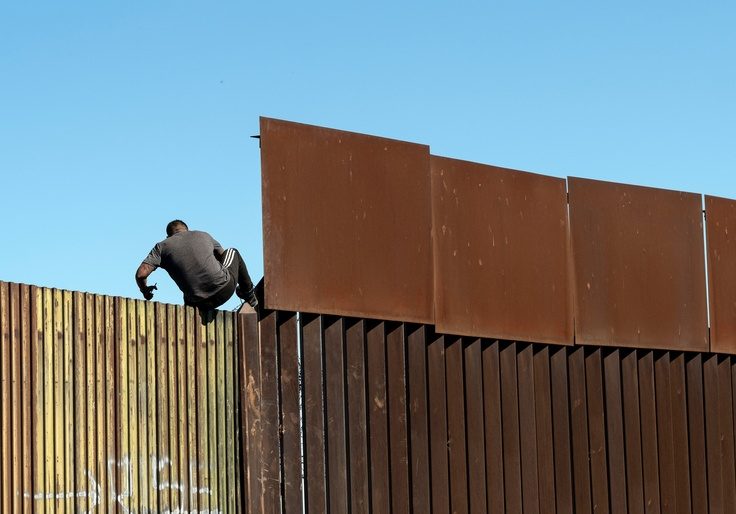The Second Circuit Court of Appeals ruled Wednesday that the Trump administration can withhold federal funds from sanctuary jurisdictions for refusing to cooperate with immigration authorities in a decision that will likely trigger a Supreme Court review.
A number of cities have challenged the Justice Department policy that would withhold federal law enforcement grants from cities that refuse to cooperate with illegal immigration enforcement. The Second Circuit ruled against New York City's challenge to the policy, but three other appeals courts have upheld injunctions that required the Trump administration to disperse the contested funds. The split between the circuit courts increases the likelihood that the issue will ultimately be decided by the Supreme Court, as justices generally take cases featuring questions over which multiple courts disagree.
"Today's decision rightfully recognizes the lawful authority of the attorney general to ensure that Department of Justice grant recipients are not at the same time thwarting federal law enforcement priorities," a Justice Department spokesman said in a statement.
"The grant conditions here require states and cities that receive DOJ grants to share information about criminals in custody," the spokesman said. "The federal government uses this information to enforce national immigration laws—policies supported by successive Democrat and Republican administrations."
The Edward Byrne Memorial Justice Assistance Grant Program distributes $250 million annually to support local law enforcement. The Justice Department in 2017 imposed three immigration-enforcement conditions on recipients of those funds. Beneficiaries were required to comply with a federal law that says government entities may not "prohibit, or in any way restrict" information-sharing with immigration authorities. The policy also required local authorities to give notice of an incarcerated alien's release date on request, as well as ensure that federal immigration agents have access to jails and other facilities to question migrants or suspected aliens.
Sanctuary cities and states challenged those conditions in federal courts around the country. In Wednesday's decision, the Second Circuit said "the plain language of the relevant statutes authorizes the attorney general to impose the challenged conditions." Those statutes require program recipients to maintain records that the attorney general "may reasonably require" and comply with "all other applicable federal laws."
As a general matter, the Second Circuit also said that the federal government has broad and preeminent power over immigration. That's important because the states cannot impede or interfere with laws enacted by Congress, the court said.
"The Supreme Court recently made the same point in the immigration context," the decision reads, referring to a 2012 decision of the High Court. "While acknowledging a state's 'understandable frustrations with the problems caused by illegal immigration,' the Court held that the 'state may not pursue policies that undermine federal law.'"
Judge Reena Raggi wrote the decision for a unanimous panel, joined by Judges Ralph Winter and Jose Cabranes. The case is No. 19-267 New York v. U.S. Department of Justice.
